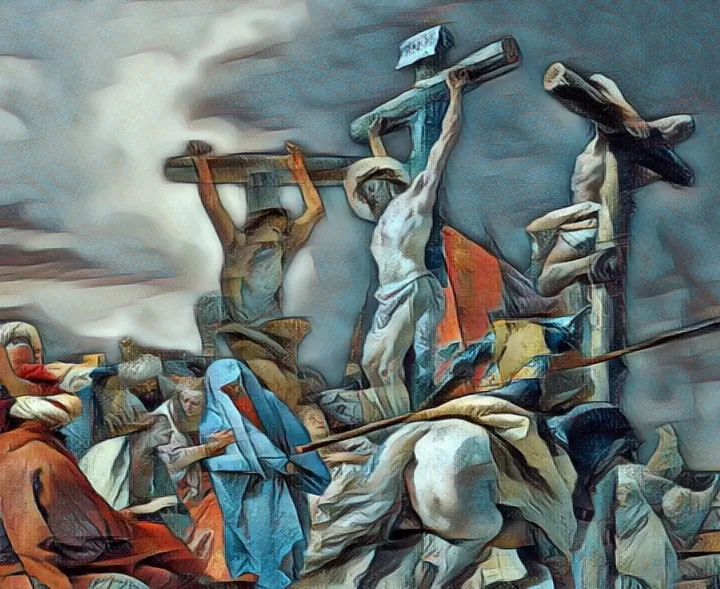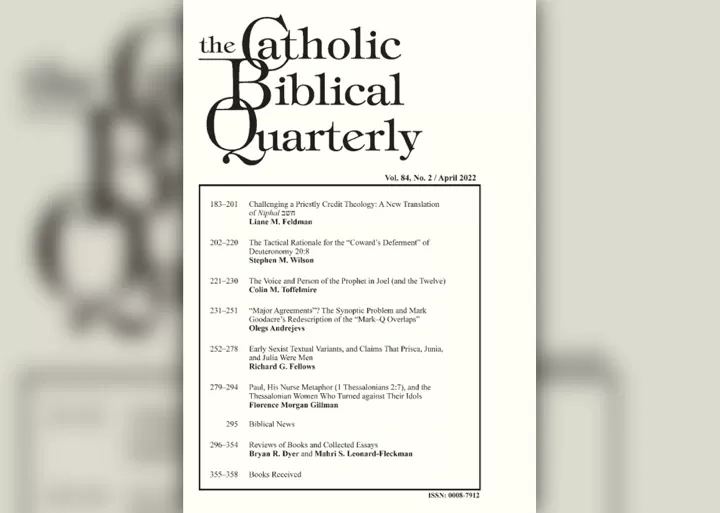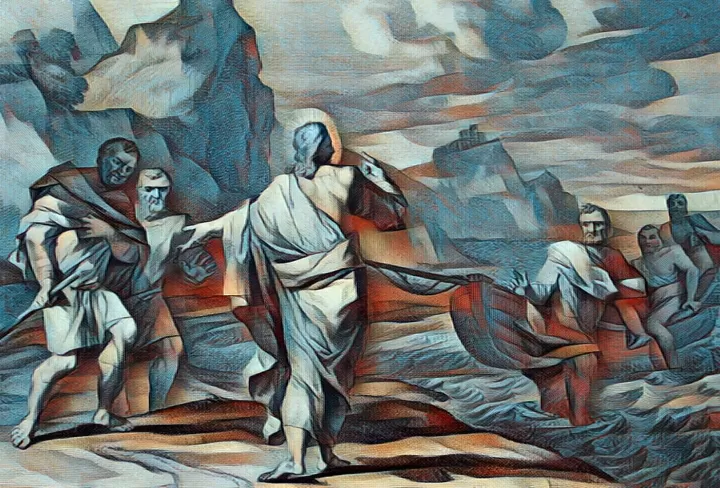Beyond Easter, and how we might put an Adam typology to good use
Just for the sake of completeness, here is one final visual representation of the two-part significance of Easter. It’s now getting a bit overloaded, I know—two storylines, four landing points, and an unexpected back-reference to the flood; but I don’t want to give the impression that history has completely exhausted the meaning of Easter.




Recent discussion